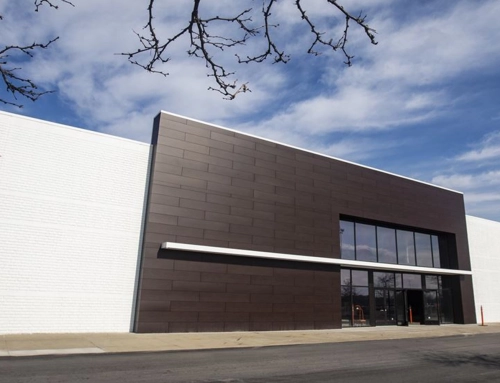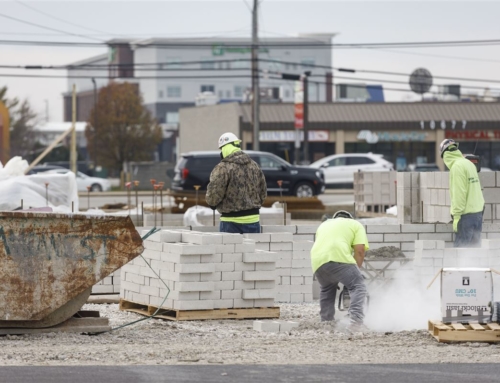Millennials are about to become the largest section of American society, taking over baby boomers. In our previous post we talked about how security concerns are moving millennials offline and into stores. Commercial real estate companies, like Eidi Properties, will benefit from millennials entering the marketplace, but some stores still face challenges. Individual shops must better understand millennial trends and values if they want to attract this large consumer block.
First of all, millennials are still fixated on their phones and technology. Even if security concerns have moved them away from online shopping, they will use data and technology to scout where they should shop. This includes price comparisons and may also include the foot traffic of an area, what are the accommodations like, food courts, charging stations, recreational areas, ease of access, etc. Smartphones are so sophisticated now, shoppers can learn all of these data points through their apps. Therefore, the stores themselves must be aware and use these data to their advantage.
Millennials Prefer Atmosphere
This can mean investing some time and effort into social media campaigns like Twitter, Instagram, Facebook and Snapchat. It doesn’t have to be an attempt to appear hip or trying too hard to woo millennials. It can be as simple as tweeting out coupons, daily specials, promotions and attractions. The key is to post regularly, but not so much that you overwhelm followers with content. This is also a great way to enroll shoppers in loyalty programs and show shoppers why a store is attractive. Posting a picture of a delicious entree can be as effective as a 30 percent off coupon.
One thing millennials fully embrace, according to a recent report by Cassandra, is that they prefer quality experiences to loud, chaotic atmospheres. Walmart used this as a general principle to keep shoppers in the stores (not that Walmart is boutique). If you go to Walmart, you see benches. This is so shoppers can rest, sit and think about their shopping decisions and regroup. This is important because the longer someone is in a store the more they buy. Millennials prefer locations that offer atmosphere as opposed to convenience.
Catering to millennials is not a sound business strategy for every store. However, understanding the economic potential of the largest demographic in our society is certainly valuable. And this value will be relevant into the future.






